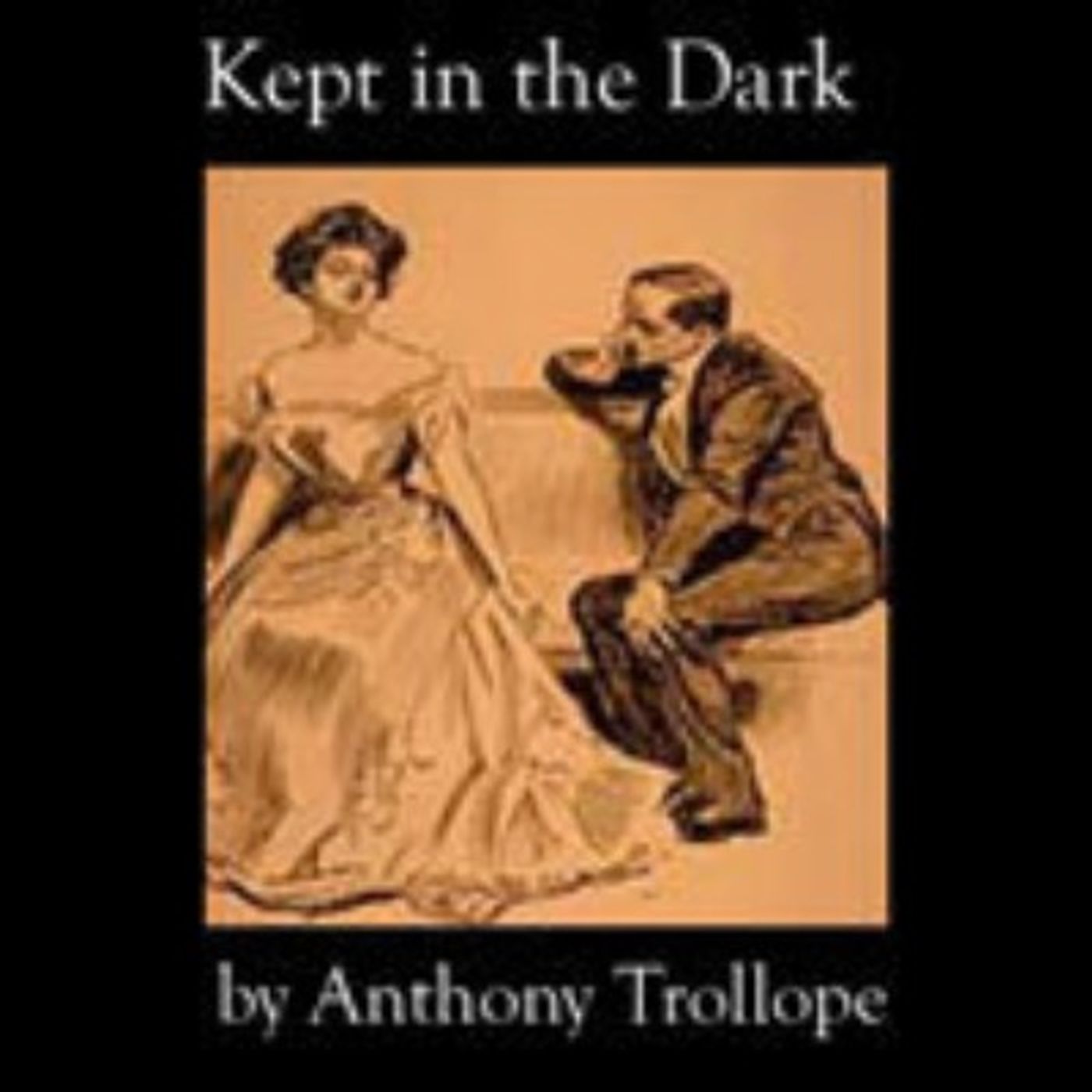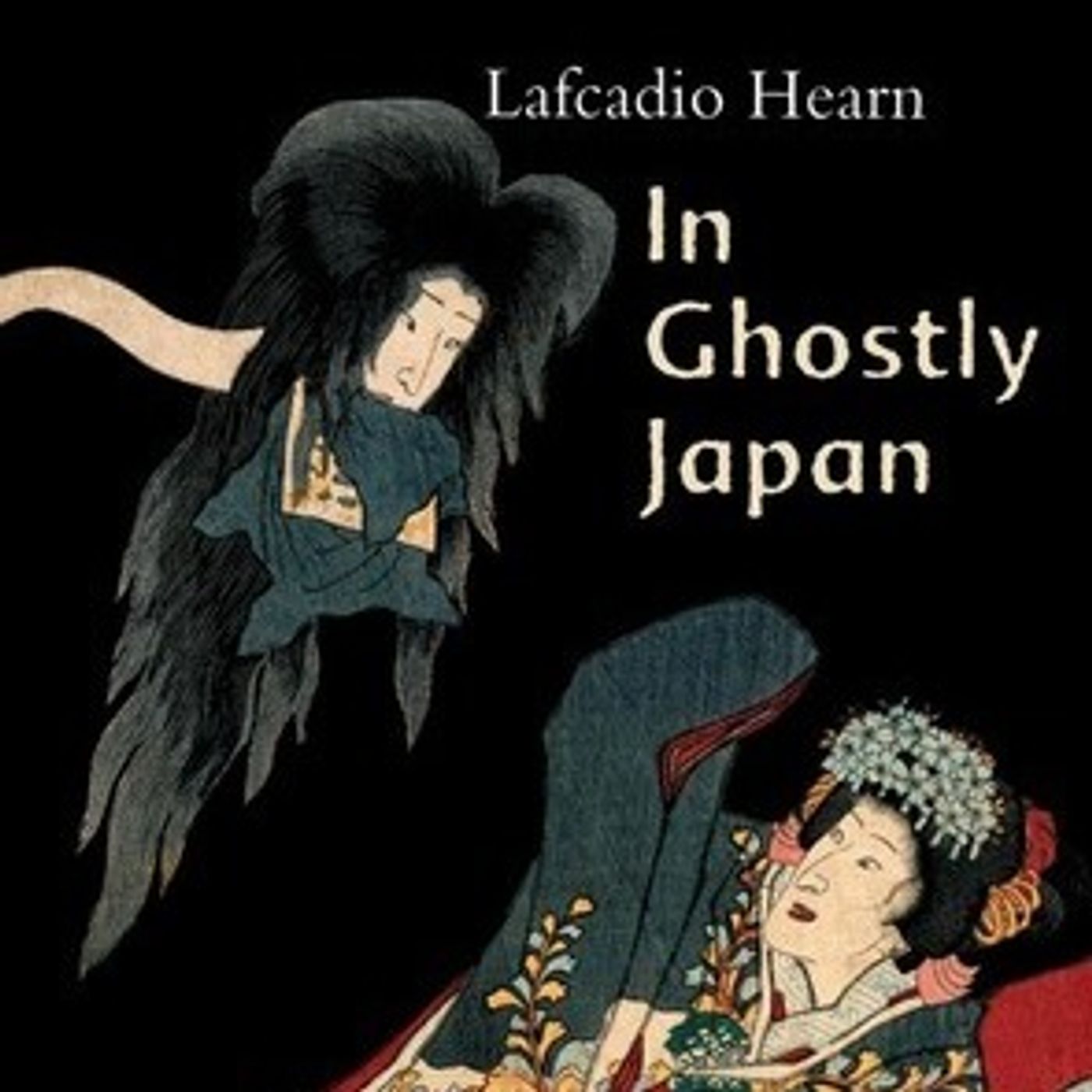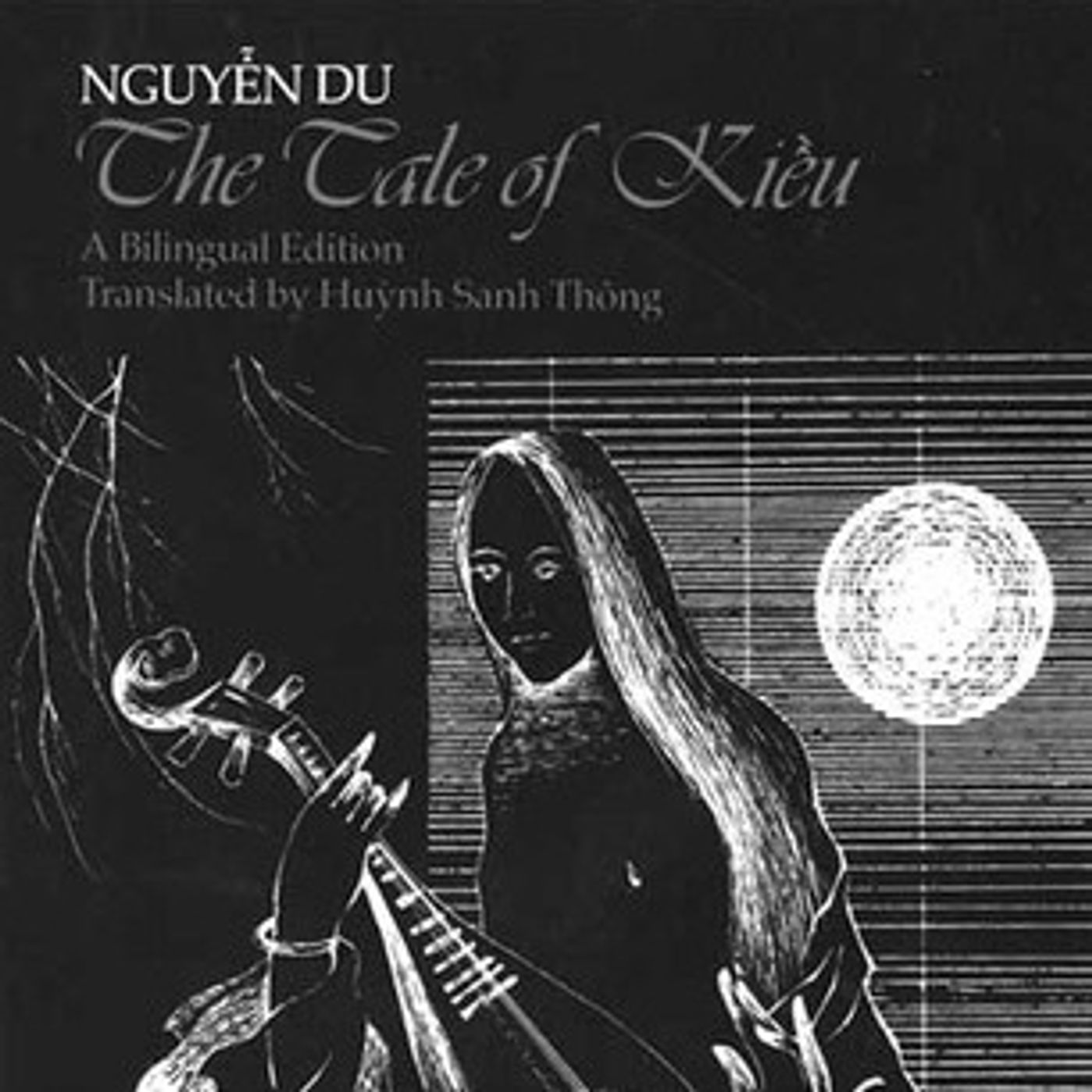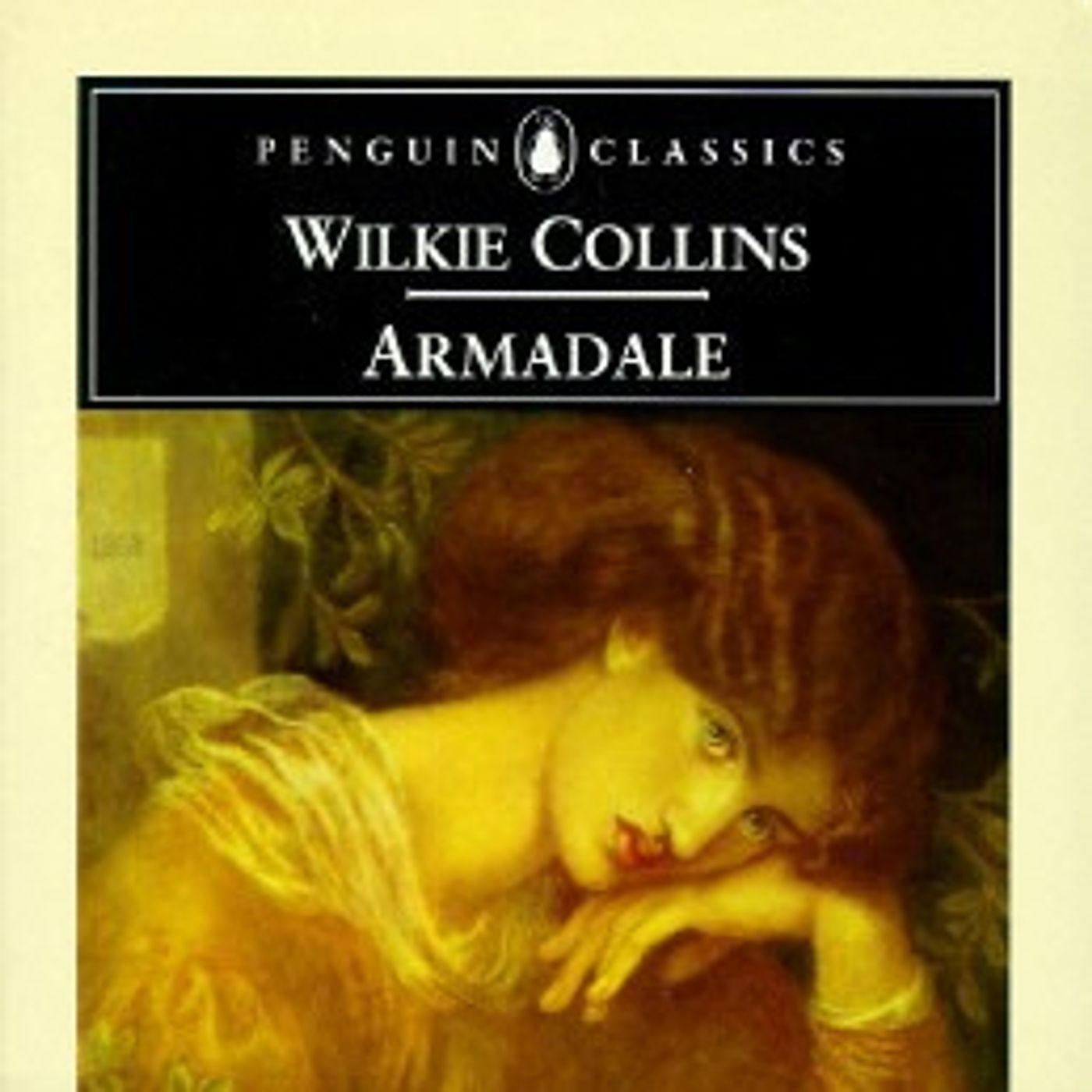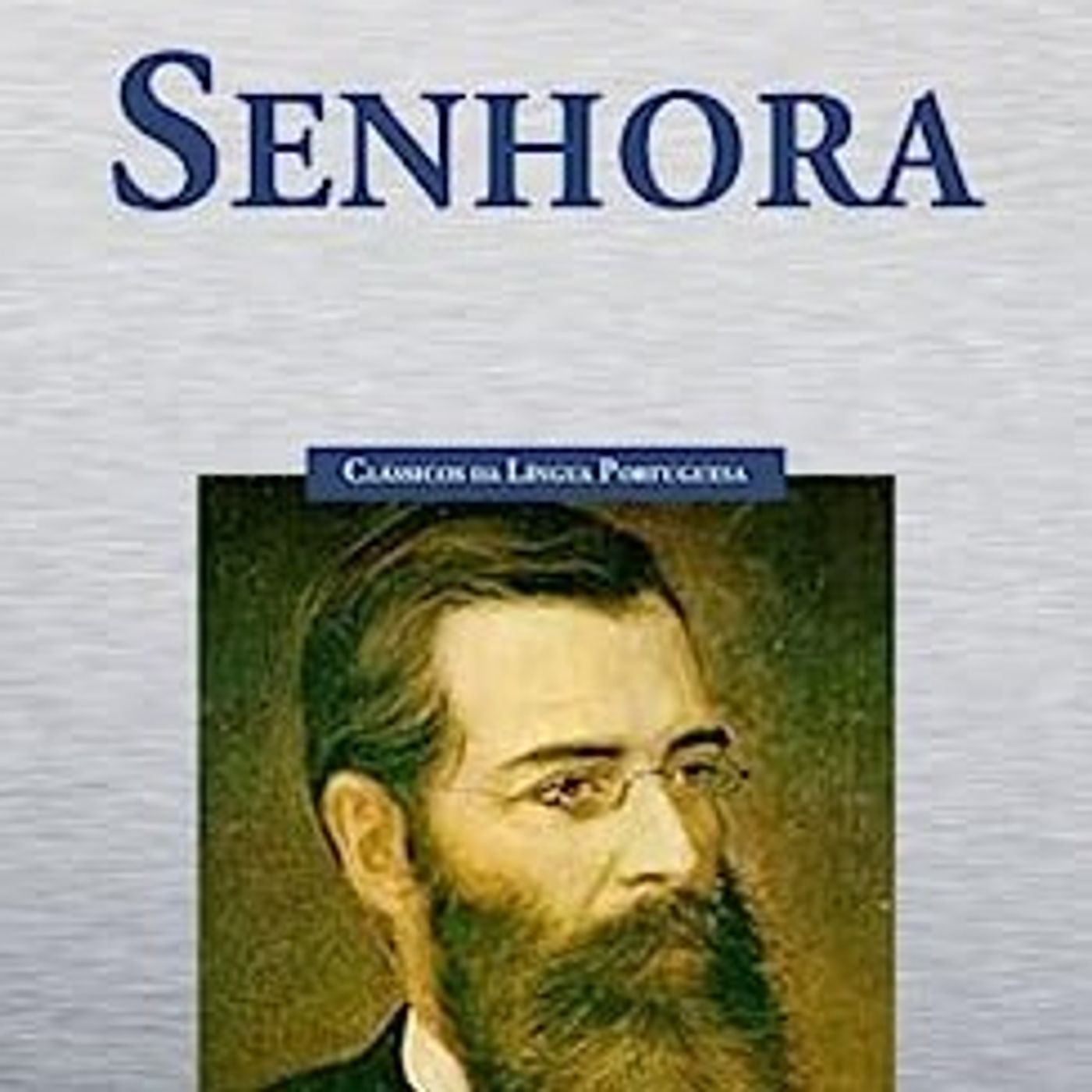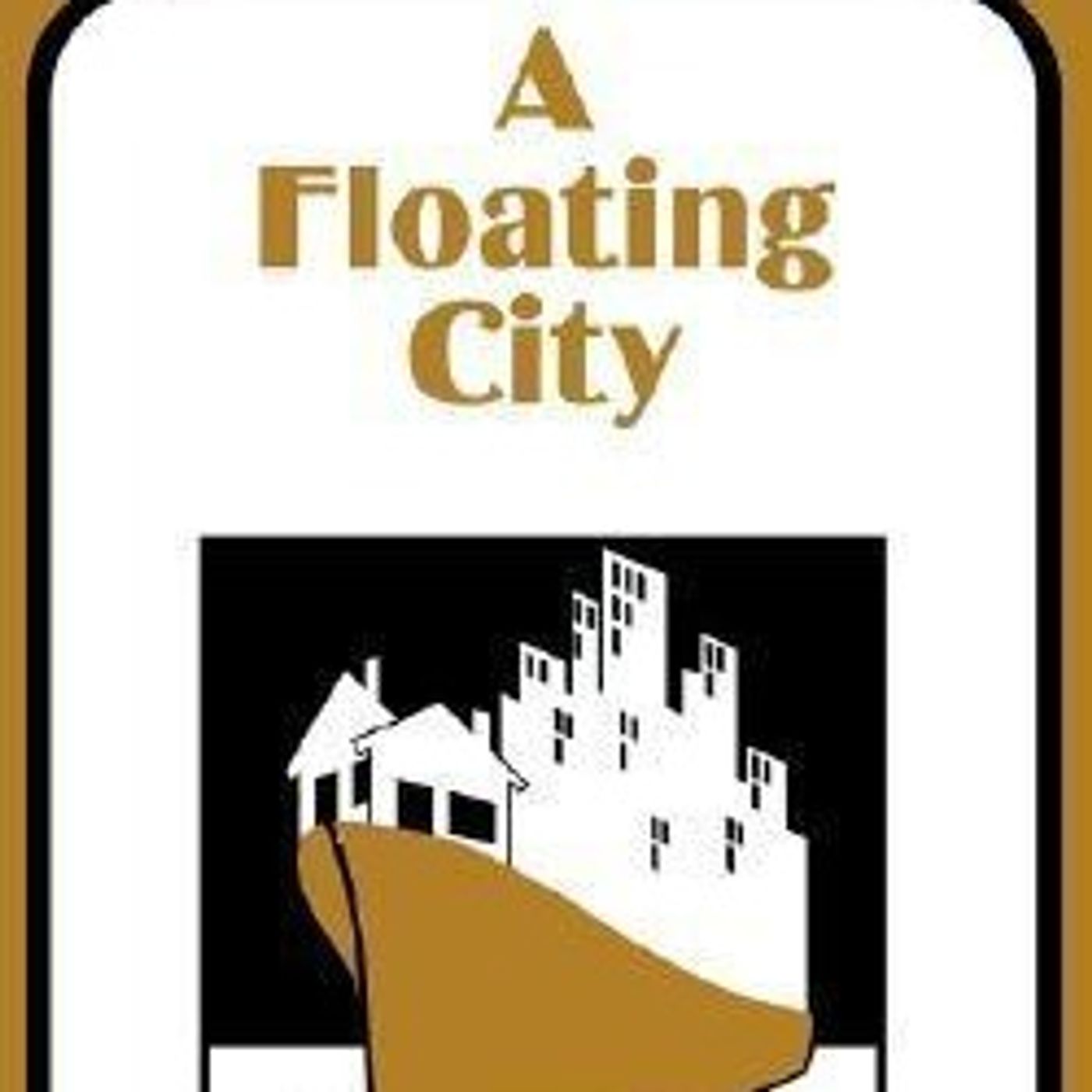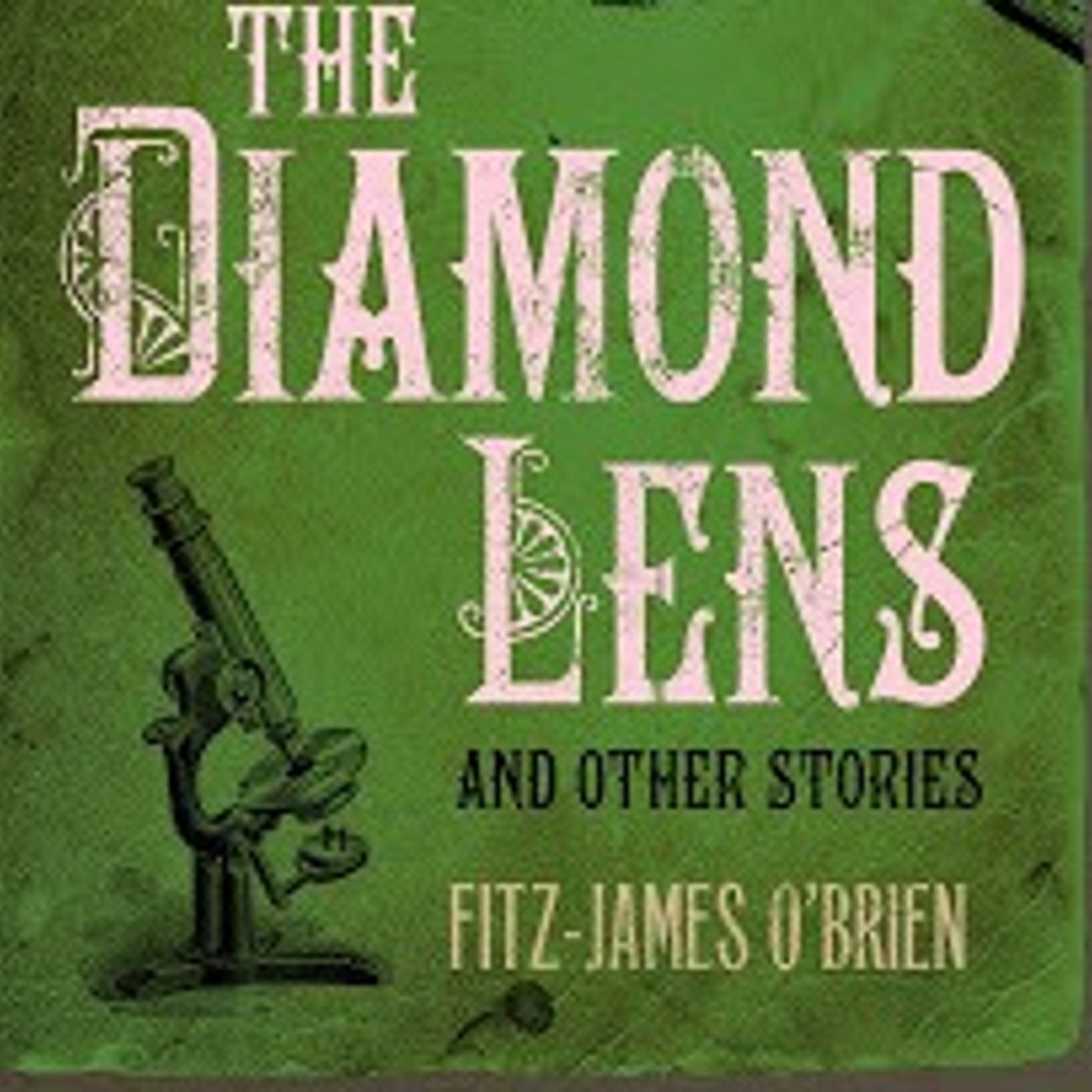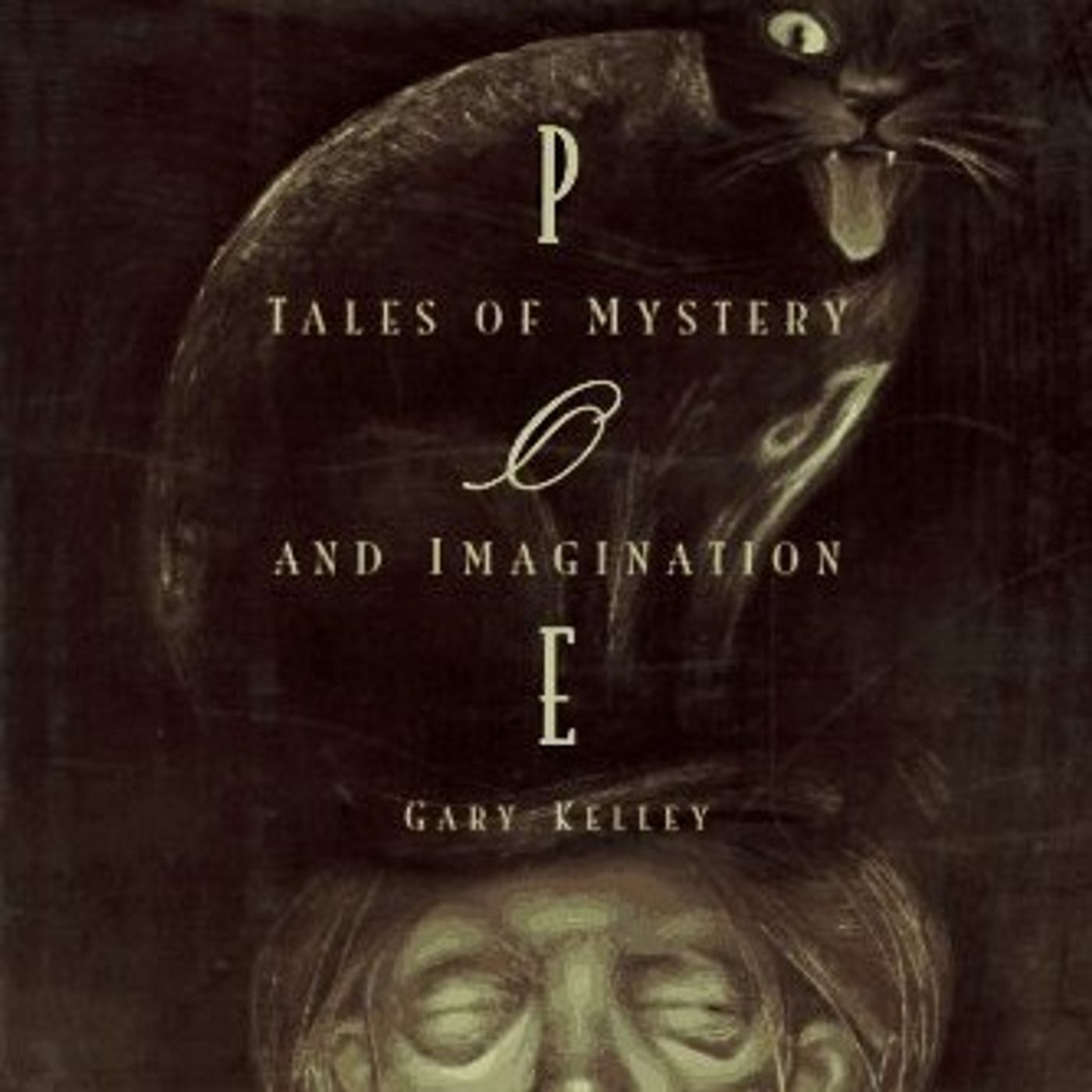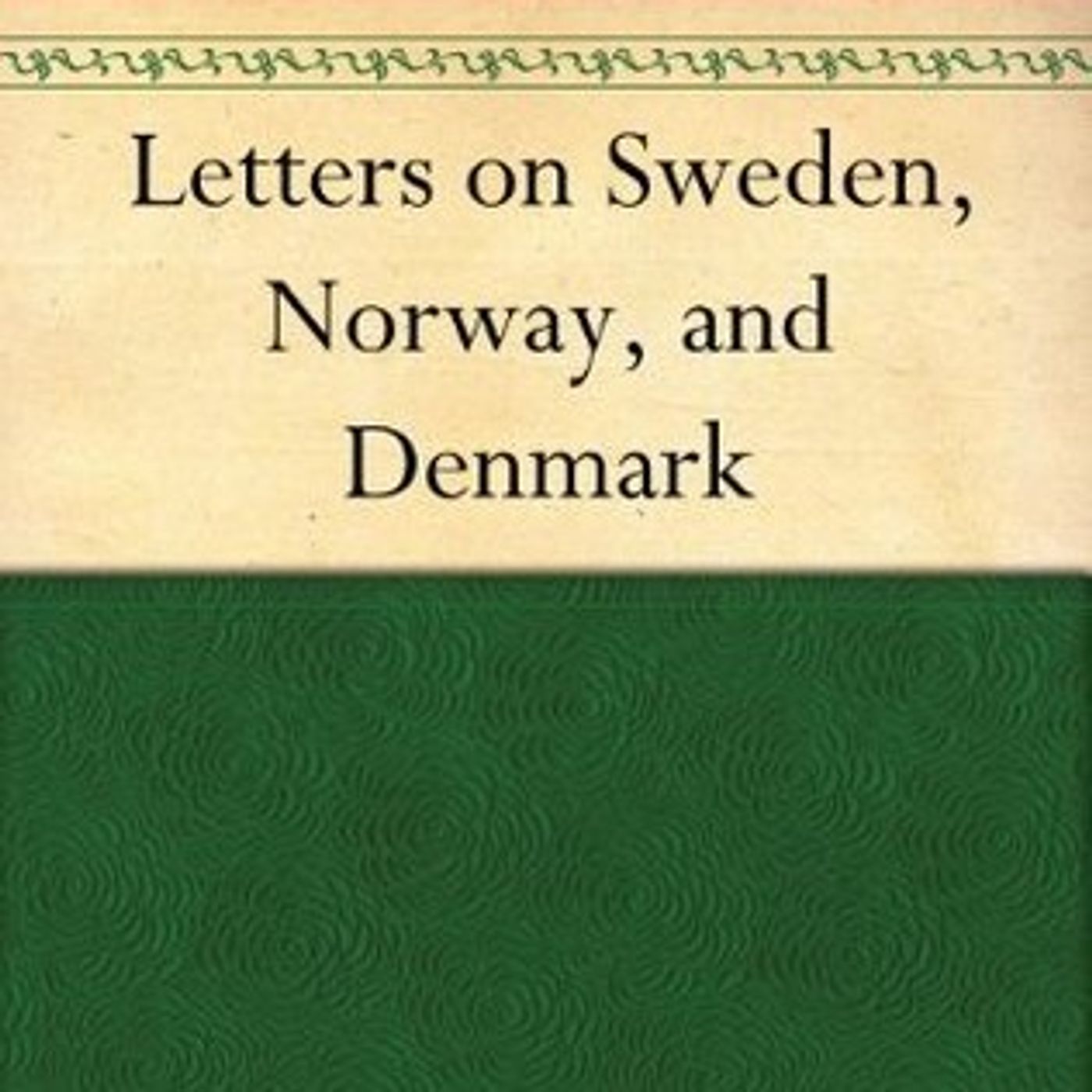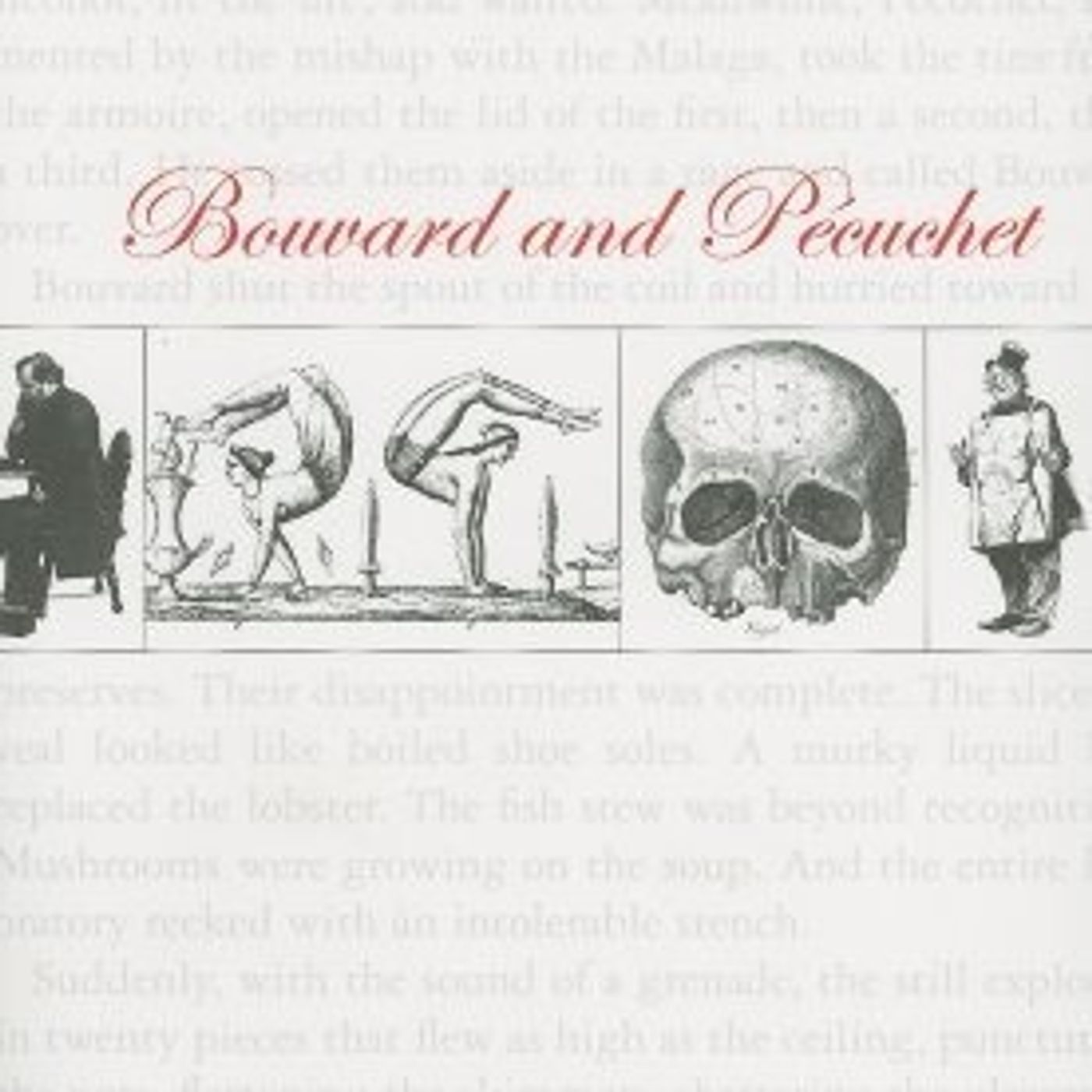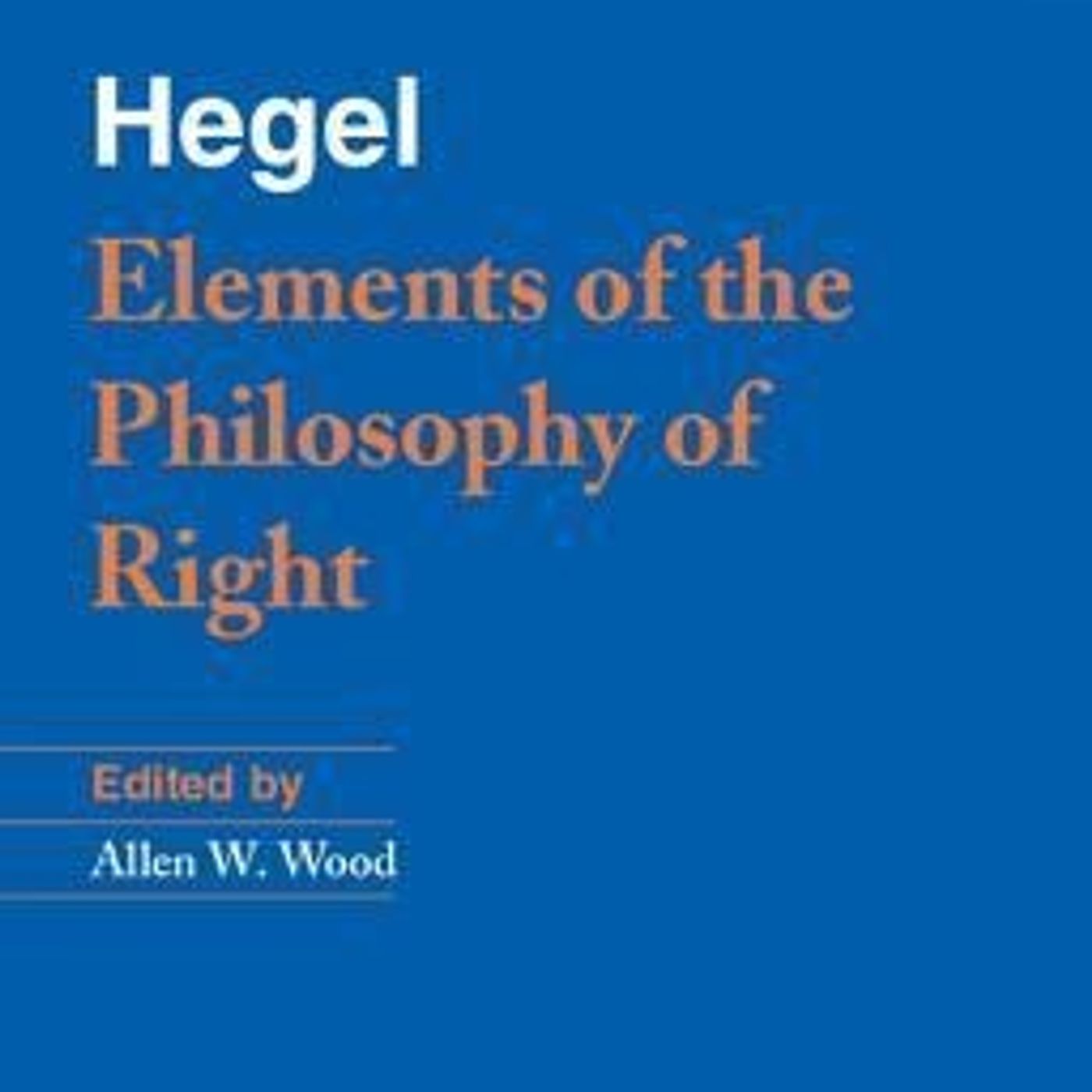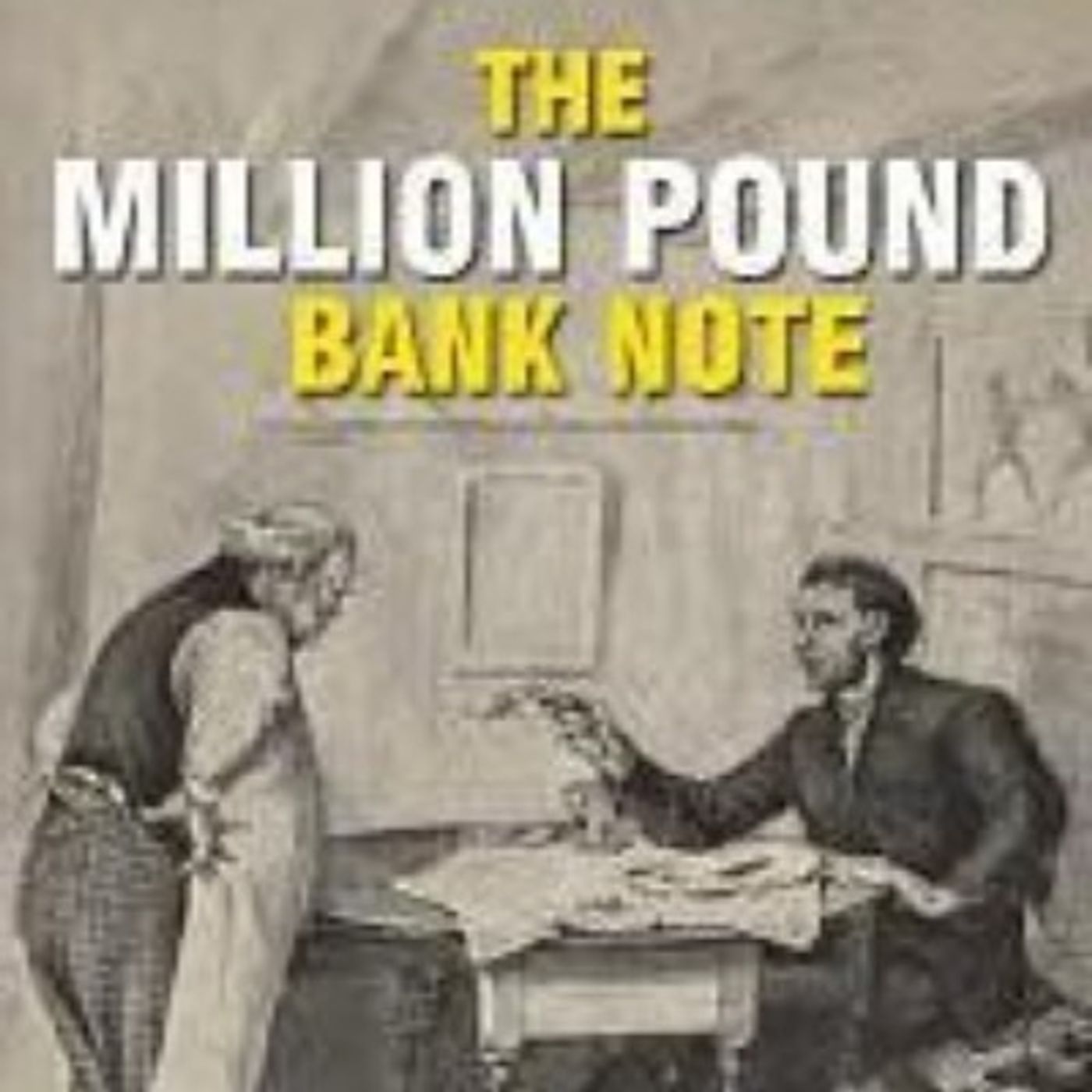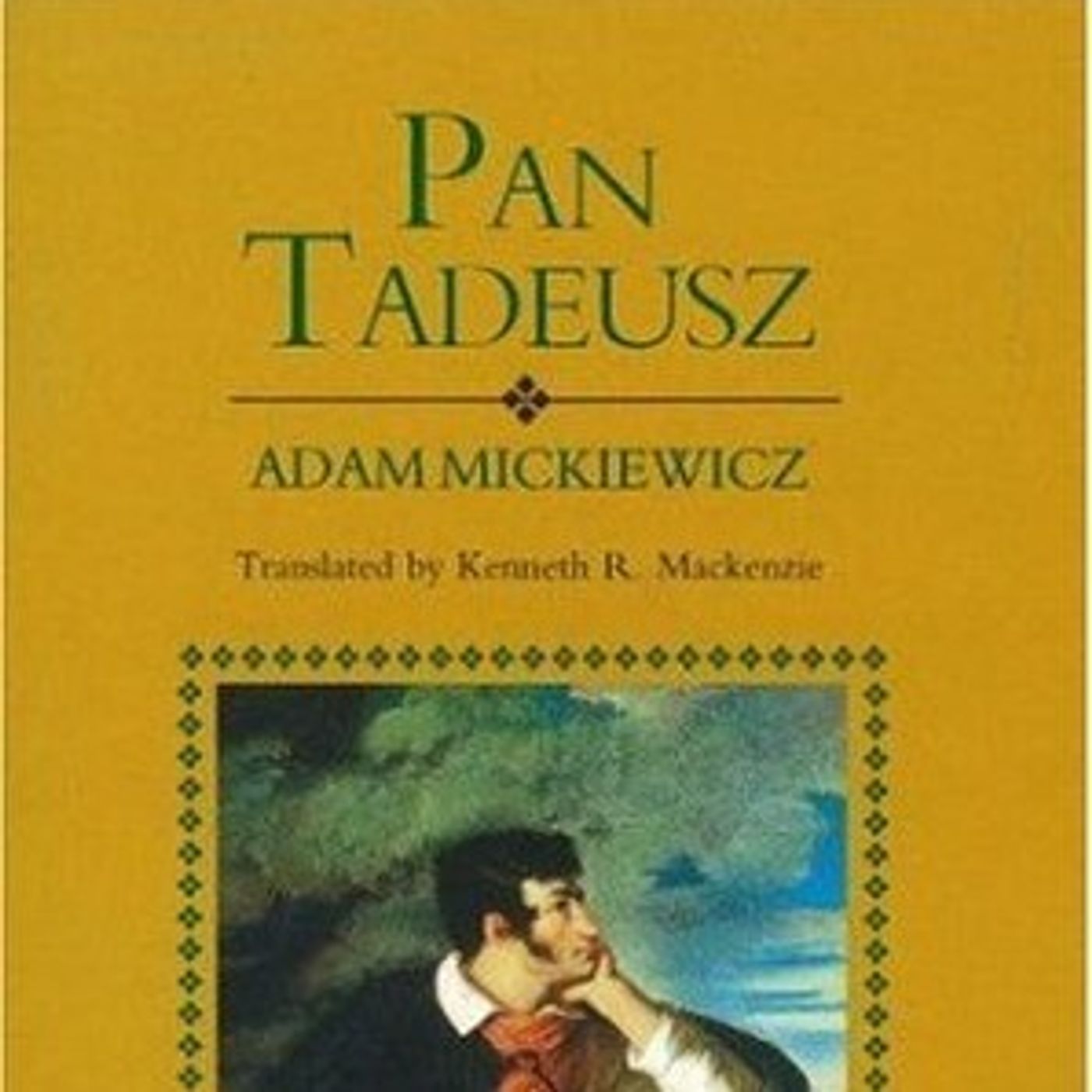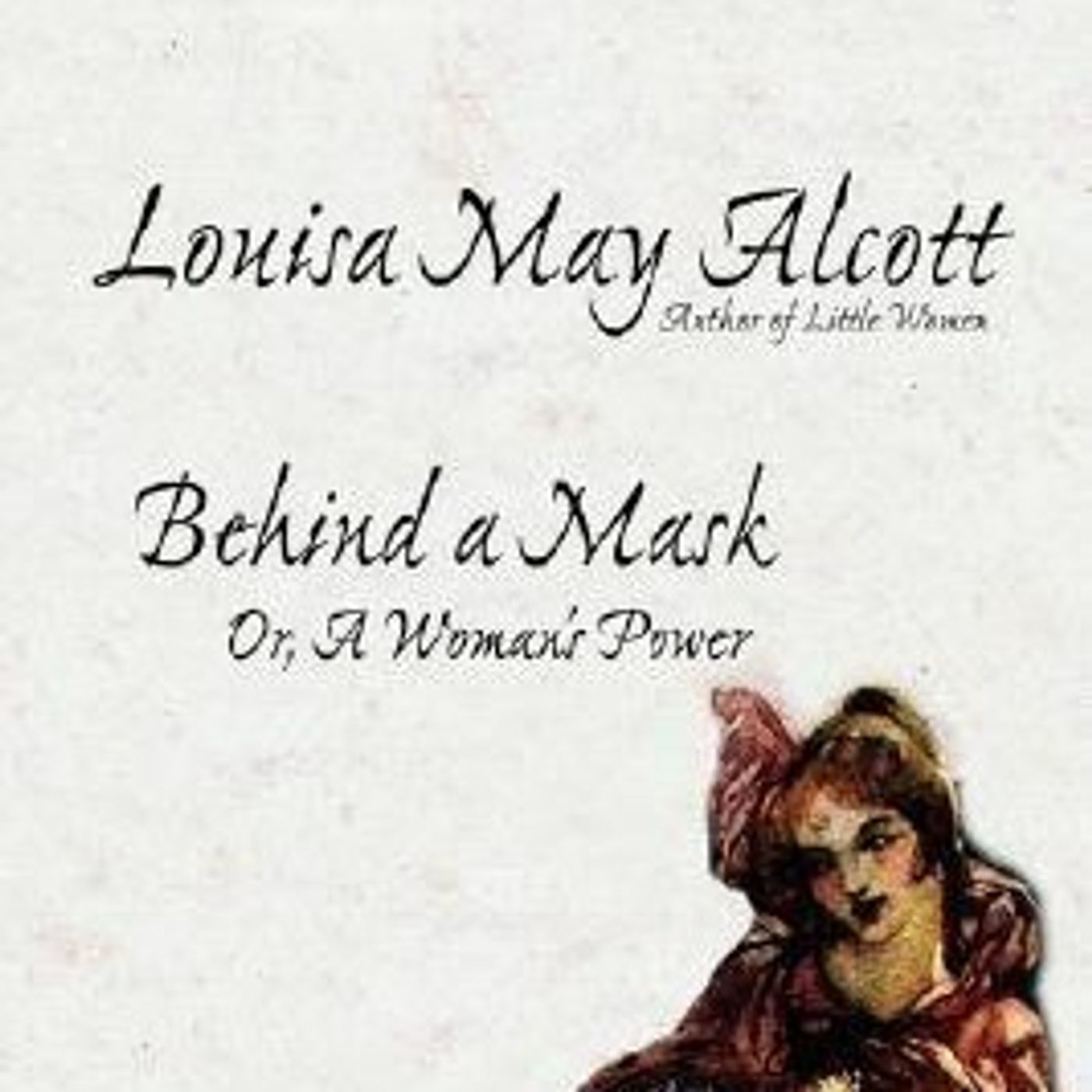Discover The SoundsPress Podcast - Daily Book Review
The SoundsPress Podcast - Daily Book Review

The SoundsPress Podcast - Daily Book Review
Author: SoundsPress.com
Subscribed: 9Played: 395Subscribe
Share
© SoundsPress.com
Description
Deciding what to read next? Welcome to the SoundsPress Podcast, where we discuss and review the latest and greatest in literature. Join us as we delve into the world of books and explore the stories, characters, and themes that make them so captivating. Visit us at SoundsPress.com for more episodes.
999 Episodes
Reverse
LISTEN MORE HERE Shocking, long-hidden secrets lie at the heart of this classic tale of mystery and suspense from the author of "The Moonstone" and "The Woman in White."
LISTEN MORE HERE "Kept in the Dark" is a subtle study of a man's jealousy and indignation. Unlike Trevelyan in "He Knew He Was Right," who is wrongly convinced of his wife's past. Before her marriage to Western, Cecilia Holt was engaged to the spiteful, conceited Sir Francis Geraldine. As she is unable to find the right moment to confide this to her husband, Western discovers the fact from Geraldine himself, and in a fit of wounded pride deserts his young wife, refusing to hear the truth from her lips.Originally published in serial form May through December, 1882, in Good Words and in book form in 1882. Trollope died during the last month of serial publication.
LISTEN MORE HERE The Japanese have two kinds of ghosts in their folklore—the spirits of the dead, and the spirits of the living. This classic of Japanese literature invites you to take your choice if you dare.In Ghostly Japan collects twelve ghostly stories from Lafcadio Hearn, deathless images of ghosts and goblins, touches of folklore and superstition, salted with traditions of the nation. While some of these stories contain nightmare imagery worthy of a midnight creature feature, others are not ghostly or ghastly at all. "Bits of Poetry" offers an engaging study on verse, and "Japanese Buddhist Proverbs" explains the meaning of several aphorisms based on Japanese cultural references.Whether you're looking to spot the demons that walk among us, or simply to enjoy the prose of a legendary craftsman, In Ghostly Japan affords countless delights. Stories include:"Fragment" about a young pilgrim who encounters a mountain of skulls"Ingwa-banashi" about a dying wife who bequeaths a rival a sinister legacy"A Passional Karma" about a spectral beauty who returns for her handsome samurai lover
LISTEN MORE HERE Since its publication in the early nineteenth century, this long narrative poem has stood unchallenged as the supreme masterpiece of Vietnamese literature. Thông’s new and absorbingly readable translation (on pages facing the Vietnamese text) is illuminated by notes that give comparative passages from the Chinese novel on which the poem was based, details on Chinese allusions, and literal translations with background information explaining Vietnamese proverbs and folk sayings.
LISTEN MORE HERE When the elderly Allan Armadale makes a terrible confession on his death-bed, he has little idea of the repercussions to come, for the secret he reveals involves the mysterious Lydia Gwilt: flame-haired temptress, bigamist, laudanum addict and husband-poisoner. Her malicious intrigues fuel the plot of this gripping melodrama: a tale of confused identities, inherited curses, romantic rivalries, espionage, money—and murder. The character of Lydia Gwilt horrified contemporary critics, with one reviewer describing her as "One of the most hardened female villains whose devices and desires have ever blackened fiction." She remains among the most enigmatic and fascinating women in nineteenth-century literature and the dark heart of this most sensational of Victorian "sensation novels."
LISTEN MORE HERE A critique of marriage of convenience, Senhora clarifies universal truths as one-time lovers reconcile as husband and wife. The poor orphan Aurélia is devastated when her true love, Fernando, breaks their engagement for the financial rewards of a marriage of convenience to another. But Aurélia unexpectedly inherits a fortune and plans her revenge. Winning marriage to Fernando with a large dowery, she stuns her lover on their wedding night by imposing a marriage of convenience until the dowery is returned. The marriage descends into one of hate more than convenience, until both recognize the errors of their ways.
LISTEN MORE HERE This work has been selected by scholars as being culturally important, and is part of the knowledge base of civilization as we know it. This work was reproduced from the original artifact, and remains as true to the original work as possible. Therefore, you will see the original copyright references, library stamps (as most of these works have been housed in our most important libraries around the world), and other notations in the work.This work is in the public domain in the United States of America, and possibly other nations. Within the United States, you may freely copy and distribute this work, as no entity (individual or corporate) has a copyright on the body of the work.As a reproduction of a historical artifact, this work may contain missing or blurred pages, poor pictures, errant marks, etc. Scholars believe, and we concur, that this work is important enough to be preserved, reproduced, and made generally available to the public. We appreciate your support of the preservation process, and thank you for being an important part of keeping this knowledge alive and relevant.
LISTEN MORE HERE Fitz-James O'Brien (1828-1862) was an author and is often considered one of the forerunners of today's science fiction. While he was in college he had shown an aptitude for writing verse, and two of his poems—"Loch Ine" and "Irish Castles"—were published in The Ballads of Ireland (1856). His earliest writings in the United States were contributed to The Lantern. Subsequently he wrote for The Home Journal, The New York Times, and The American Whig Review. His first important literary connection was with Harper's Magazine, and beginning in February 1853 with The Two Skulls, he contributed more than sixty articles in prose and verse to that periodical. He likewise wrote for the New York Saturday Press and The Atlantic Monthly. To the latter he sent "The Diamond Lens" (1858) and "The Wondersmith" (1859), which are unsurpassed as creations of the imagination, and are unique among short magazine stories. Amongst his other works are "What Was It?" (1889), "My Wife's Tempter", "The Child Who Loved a Grave", and "The Golden Ingot".
LISTEN MORE HERE David Eldridge's new version of Ibsen's classic, published to tie-in with the production at the Donmar Warehouse, London.Should the truth be pursued whatever the cost? The idealistic son of a wealthy businessman seeks to expose his father's duplicity and to free his childhood friend from the lies on which his happy home life is based.
LISTEN MORE HERE Spiral into a dimly lit world, down streets lined with madmen and their black deeds, through the cold twists of the catacombs, and into rooms where secrets dwell. From the tortured mind of Edgar Allan Poe, these three tales, "The Black Cat," "The Fall of the House of Usher," and "The Cask of Amontillado," speak to the hidden places inside us all.Capturing the mist and shadows rising from the stories are illustrations by prominent artist Gary Kelley. Angular and dark, his work heightens the Gothic terror that is Poe's trademark and creates windows into Poe's world.
LISTEN MORE HERE Dr. Carr's mind is firmly made up. Katy and her little sister Clover are to spend a year away at boarding school. A strange place, far from home, but on arrival the girls have an inkling that it might turn out to be rather different from their expectations. One thing is for sure, it certainly isn't going to be dull with Rose Red as an ally.
LISTEN MORE HERE Originally published in 1796, Mary Wollstonecraft's account of her trip to Denmark, Norway, and Sweden, is compelling both in its picture of countries rarely visited in Regency times and insights into Mary's personal life. Her scenic descriptions and political comments about Norway and her encounters with an impoverished peasantry and Danish townsfolk greedily obsessed by commerce are no less vivid than the outbursts of melancholy in these letters written to Gilbert Imlay, her unfaithful lover and father of her baby. This book attracted William Godwin to its author, who was soon to become his wife and the mother of Mary Shelley, creator of Frankenstein, making this a key work for the understanding of the Godwin-Shelley circle. This new edition is enriched by a new introduction by Sylva Norman, which puts Wollstonecraft's letters into their political and social context and provides enlightening information about Mary's life, loves, and deeply held convictions.
LISTEN MORE HERE In his own words, the novel is "a kind of encyclopedia made into farce . . . A book in which I shall spit out my bile." At the center of this book are Bouvard and Pécuchet, two retired clerks who set out in a search for truth and knowledge with persistent optimism in light of the fact that each new attempt at learning about the world ends in disaster.In the literary tradition of Rabelais, Cervantes, and Swift, this story is told in that blend of satire and sympathy that only genius can compound, and the reader becomes genuinely fond of these two Don Quixotes of Ideas. Apart from being a new translation, this edition includes Flaubert's Dictionary of Received Ideas.
LISTEN MORE HERE This book is a translation of a classic work of modern social and political thought, Elements of the Philosophy of Right. Hegel's last major published work, is an attempt to systematize ethical theory, natural right, the philosophy of law, political theory and the sociology of the modern state into the framework of Hegel's philosophy of history. Hegel's work has been interpreted in radically different ways, influencing many political movements from far right to far left, and is widely perceived as central to the communication tradition in modern ethical, social and political thought. This edition includes extensive editorial material informing the reader of the historical background of Hegel's text, and explaining his allusions to Roman law and other sources, making use of lecture materials which have only recently become available. The new translation is literal, readable and consistent, and will be informative and scholarly enough to serve the needs of students and specialists alike.
LISTEN MORE HERE The story takes place in Victorian London, where two very rich, eccentric brothers give the penniless story protagonist, Henry Adams, one million pounds of money in the form of a single peerless bank note. Henry would not be easily able to exchange that note in the bank without being questioned about how he had come to it, charged with theft and arrested. He would also not be able to spend it since no ordinary person would be able to change it.Without knowing it, Henry is the subject of a bet: Oliver believes that the mere possession of this symbol of wealth will enable anyone to have anything he wants, without actually cashing the note. Roderick, on the other hand, feels that the prohibition against exchanging the note for cash will render it totally useless.
LISTEN MORE HERE An epic tale of country life among the Polish and Lithuanian gentry in 1811-1812, PAN TADEUSZ by Adam Mickiewicz is perhaps Poland's best-known literary work and has been translated into almost every European language. This bilingual edition, with side by side Polish and English, features Kenneth R. Mackenzie's celebrated English translation.The plot has the typical elements of a romantic, historical novel: a feud between two ancient families, a love story crossed by the feud, a mysterious figure who dominates the action, and a number of eccentric subordinate characters humorously depicted.To Poles of all generations, the life, the scenes, and the characters embody the ideals, sentiments and way of life of the whole nation.
LISTEN MORE HERE The philosophies of Henry David Thoreau (1817–1862)—hero to environmentalists and ecologists, profound thinker on humanity's happiness—have greatly influenced the American character, and his writings on human nature, materialism, and the natural world continue to be of profound import today. In this essay, first published in the Atlantic Monthly in 1862 and vital to any appreciation of the great man's work, Thoreau explores:• the joys and necessities of long afternoon walks;• how spending time in untrammeled fields and woods soothes the spirit;• how Nature guides us on our walks;• the lure of the wild for writers and artists;• why "all good things are wild and free," and more.
LISTEN MORE HERE Famous play by the great Russian short story writer and playwright. His major plays are frequently revived in modern productions.
LISTEN MORE HERE Originally published in 1866 under the pseudonym "A. M. Barnard." Louisa May Alcott's novel of romance and sexual intrigue is one of her lesser-known gems. Its tone and characterizations strike a markedly different chord from her best-known works, such as "Little Women" and "Little Men," and it remains a popular addition to her oeuvre.
LISTEN MORE HERE First published in 1875 and read by more than eight million people, this nondenominational book has a 119-year history of healing and inspiration. To attract a new audience, this time-honored message of healing has a powerful new cover, easy-to-read page layout, and word index. Named one of 75 Books by Women Whose Words Have Changed the World.



